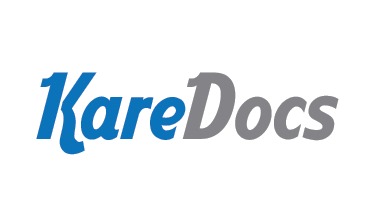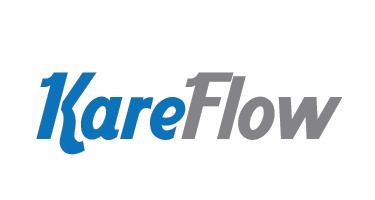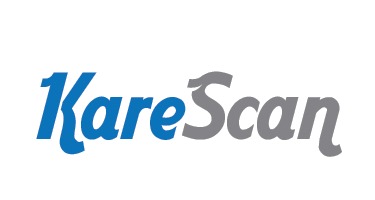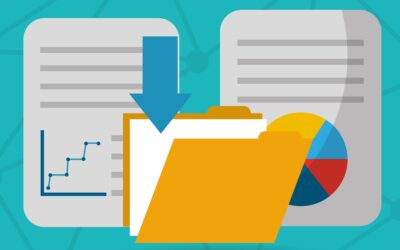Government
Agencies
Overview
Digitization is essential for government agencies to modernize operations, enhance citizen services, and promote efficient and transparent governance. It plays a pivotal role in transforming traditional bureaucratic processes into agile, responsive, and citizen-centric systems.
Benefits:
Enhanced Efficiency and Productivity
Improved Service Delivery: Digitization allows government agencies to provide services more efficiently and conveniently to the public. Online portals, digital forms, and electronic communication enable citizens to access government services, submit applications, and receive information with greater ease and speed.
Enhanced Efficiency and Productivity: Digital tools automate routine tasks, streamline workflows, and reduce bureaucratic processes. This leads to increased efficiency and productivity within government agencies, allowing employees to focus on higher-value tasks and deliver services in a more timely manner.
Saving, Transparency and Accountability
Cost Savings: Digitization can lead to cost savings by reducing the need for paper-based processes, manual data entry, and physical infrastructure. Automation and digitized workflows help optimize resource utilization and contribute to overall cost-effectiveness in government operations.
Transparency and Accountability: Digital systems enhance transparency by providing a clear view of government activities and spending. Public access to digital records, budgets, and reports fosters accountability, allowing citizens to monitor government actions and hold officials accountable for their decisions.
Citizen Engagement & Cybersecurity
Citizen Engagement: Digital platforms, including social media and online forums, enable government agencies to engage with citizens more directly. This facilitates communication, solicits feedback, and encourages citizen participation in the decision-making process, fostering a more inclusive and responsive government.
Cybersecurity and Data Protection: With proper measures in place, digitization can enhance the security of government data. Encryption, secure authentication, and cybersecurity protocols protect sensitive information, reducing the risk of data breaches and unauthorized access to government systems.
Crisis Management and Streamlined RC
Disaster Response and Crisis Management: Digital technologies enable government agencies to respond more effectively to disasters and crises. Real-time communication, data sharing, and coordination become more efficient, allowing for faster response times and better resource allocation during emergencies.
Streamlined Regulatory Compliance: Digitization helps government agencies manage and enforce regulatory compliance more effectively. Automated systems can track and monitor compliance with regulations, reducing the administrative burden and ensuring that businesses and individuals adhere to legal requirements.
Clients who trust us
Clients who love Us:


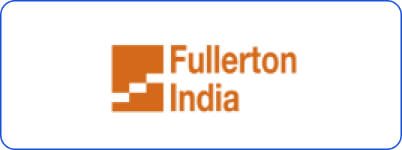

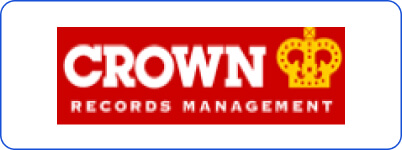
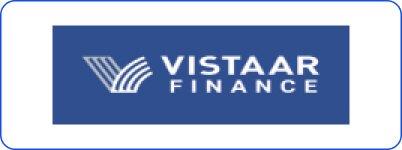
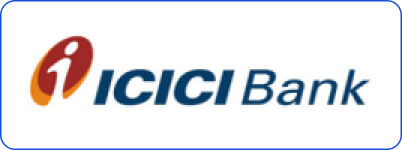




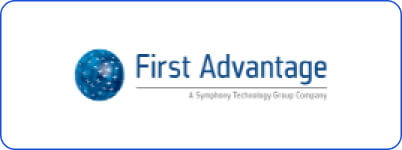




























Ready to Elevate
Your Business?
Connect with us and our team will get back to you in next 24hrs
Frequently Asked Questions
What benefits does digitization bring to public service delivery?
Digitization transforms the public service experience by making it more efficient, accessible, and user-friendly. Through online platforms and electronic communication, citizens can swiftly access services, submit documents, and stay informed. This fosters a more efficient government-citizen interaction.
How does digitization improve efficiency and productivity within government agencies?
Digitization transforms the public service experience by making it more efficient, accessible, and user-friendly. Through online platforms and electronic communication, citizens can swiftly access services, submit documents, and stay informed. This fosters a more efficient government-citizen interaction.
Can digitization lead to cost savings for government agencies?
Absolutely. Digitization curtails the need for paper-based procedures and extensive physical storage. It reduces expenses associated with manual data entry and hierarchy, subsequently driving more cost-effective government operations.
How does digitization promote transparency and accountability?
Digitization ensures that governmental data and decisions are accessible to the public. With easier access to digital records and spending reports, citizens can hold government officials accountable, thus enhancing integrity in governance.
What role does digitization play in data-driven decision making?
By creating a wealth of data, digitization equips government agencies with insights for informed decision-making. Analytics in policy formation, resource distribution, and program appraisal contribute significantly to robust governance strategies.
How does digitization foster citizen engagement?
Digital platforms, such as social media and interactive forums, open up channels for governments to directly engage with constituents. This not only promotes a two-way dialogue but also involves citizens in the political process more actively.
What measures are taken to ensure cybersecurity and data protection in government digitization?
Government agencies implement strict security measures including encryption, secure authentication, and robust cybersecurity protocols to protect sensitive data. These precautions are pivotal in minimizing the threat of unauthorized access and data breaches, ensuring high levels of data protection.
In the event of a crisis, how does digitization aid government response?
During emergencies, digital capabilities become invaluable. They provide channels for real-time communication and data exchange, enhancing the coordination necessary for an effective response and the prudent allocation of resources.
Blogs & Articles
NeoLotex’s KareFlow: Revolutionizing Physical Document Tracking for NBFCs
In the Non-Banking Financial Company (NBFC) sector, managing sensitive customer loan documents is a critical yet complex task. These documents, containing both financial, critical and non-sensitive information, must be carefully managed from loan origination to...
Overcoming File Tracking Challenges with NeoLotex’s PExTAB
Introduction: Tackling File Tracking Challenges Head-On In today’s dynamic business landscape, managing and accurately tracking high volumes of documents is a critical challenge across industries. From legal agreements and compliance records to operational documents...
The Digital Revolution: How NeoLotex Transforms Physical Files into Digital Assets
Pioneering Digital Document Transformation In the whirlwind of technological advancements, businesses are navigating through digital revolution to remain sustainable and competitive. The deliberate conversion of physical documents into digital assets is at the...
Stay Ahead Of The Curve With Us
Get the latest industry updates, insights and trends straight to your email!

Company
About
Our Team
Blog
Center of Excellence
CSR
Career
Platform
PExTAB
Products
KareDocs
KareFlow
KareScan
KareAP
App Dev & Maintenance
Software Development
Mobile App
Software Testing
Software Consulting
Enterprise Digitization
Doc Scanning Service
Data Entry Service
Data Mgmt Service
Contact Center
In-Bound Operations
Out-Bound Operations

